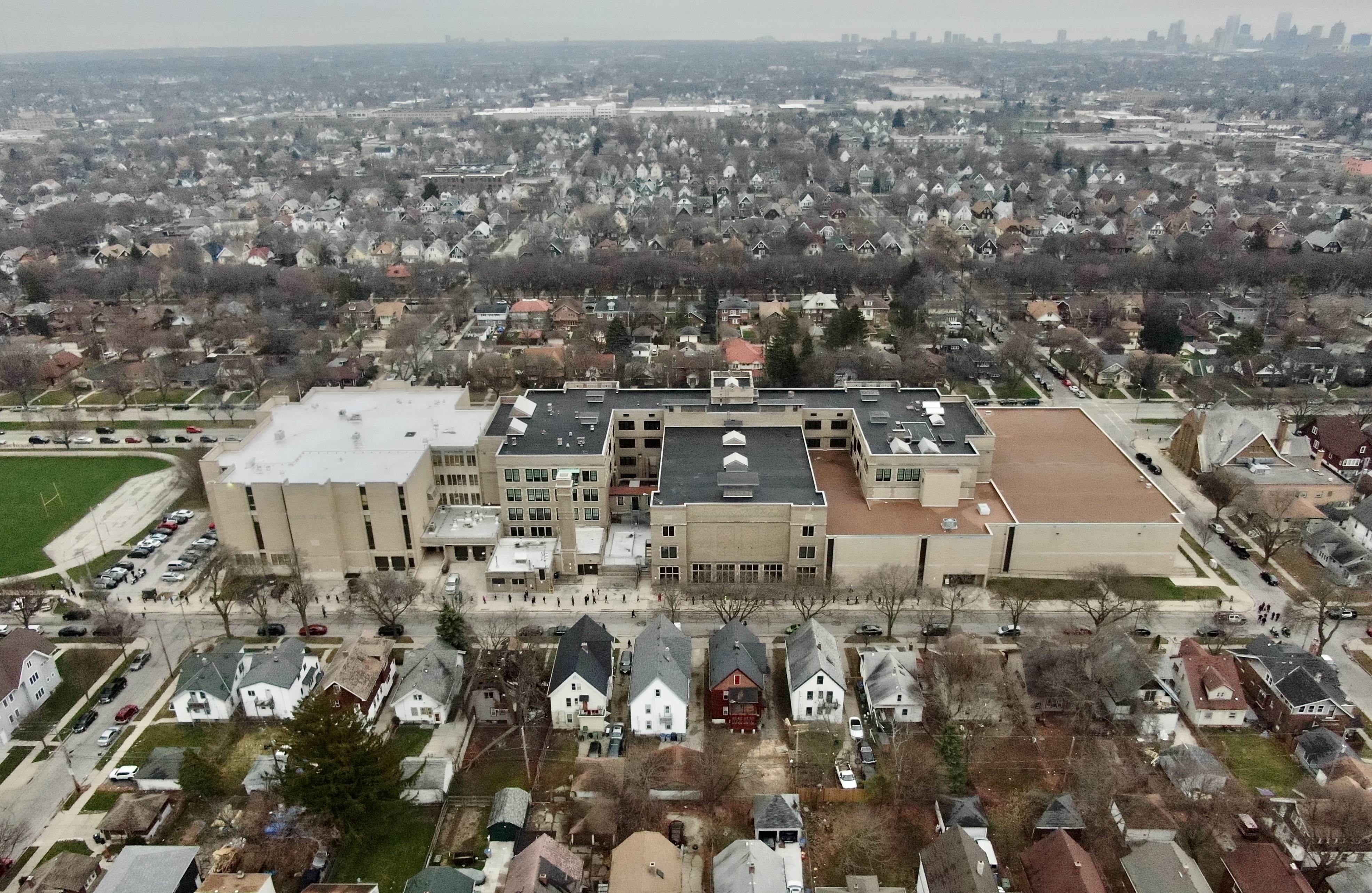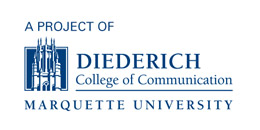
(Photo by Wes Tank)
Editor’s note: Have something on your mind? “Community Voices” is the place to let Milwaukee hear what you have to say. To be considered, we need your name, email address and phone number for verification. Please email your submissions to info@milwaukeenns.org.

(Photo provided by Tehassi Hill)
Tehassi Hill is serving his second term as chairman for the Oneida Nation. Hill is committed to preserving the Oneida’s language, culture and traditions. He was born and raised on the Oneida reservation and continues to live in Oneida, Wisconsin, with his wife and family.
Tehassi tasi niyukyats, wakeslewake niwakitalota on^yote ake niwakahuntsyota
My name is Tehassi tasi, I am bear clan and my nation is people of the standing stone. I am the chairman for the Oneida Nation, and I would like to share some information about our perspective on Wisconsin’s redistricting process.
You may ask, what is “redistricting?” Redistricting is the process of redrawing congressional and (in this case) state legislative district boundaries every 10 years.
The Oneida Nation is a federally recognized Indian tribe with approximately 17,000 Oneida citizens worldwide; 4,471 (26%) Oneida Nation citizens live within the nation’s reservation boundaries; and approximately 8,000 (49%) of our citizens live within Brown and Outagamie counties. Our reservation was established in 1838 and covers nearly 65,400 acres.

The Oneida Nation operates a multifaceted government operation, successful business ventures and a wide array of community development projects. We have 149 direct-service programs, while employing approximately 2,100 people. The purpose of our inherent right to self-governance is to protect the health, safety and welfare of our members while protecting our culture, revitalizing our language and restoring the environment to improve the quality of life for the community as a whole.
There are 11 federally recognized tribes in Wisconsin. Each tribe has its own unique history, tradition, customs and languages. In addition, each has democratically elected governments, which provide leadership and services to their citizens. As with any population, there are differences in social, economic and geographic conditions in Native American communities.
I recently testified before The People’s Map Commission to provide insight about the Oneida Nation’s priorities with respect to Wisconsin’s redistricting process.
The Oneida Nation supports an independent redistricting process.
Since the redistricting process focuses on where populations reside, we believe it’s important for policymakers to understand the historical and contemporary experiences of Native Americans throughout the U.S. — specifically how federal relocation, allotment, termination and assimilation initiatives have determined where and how Native Americans live today.
Nationally, Native American voters have been marginalized through discriminatory redistricting practices such as: racial and cultural vote dilution, intimidation, distances to voting locations and forms of voter suppression tactics such as restrictive voter identification requirements.
It is therefore important to not only include tribes in community input sessions but also actively engage each of the individual 11 federally recognized tribes and their leaders in the process.
The Oneida Nation wishes to see stronger Native American communities of interest in the process of determining congressional, state Senate and state Assembly district boundaries. The process should take into account Native American tribes’ historic and contemporary relationship with each other, with the State of Wisconsin and their cultural preservation, sovereignty and economic development objectives.
The redistricting process should provide Native Americans with as much opportunity to elect candidates of their choice, recognizing that past federal policies make that objective difficult. The redistricting process should also reflect the specific wishes of the individual tribes.
Further, we believe it is important that the redistricting process recognize both the reservations and urban populations and incorporate to the greatest extent. Again, the goal is to see stronger Native American communities of interest.
Through these recommendations, I hope we can accomplish a fair method that can recognize Native American peoples. We encourage policymakers in the process act with a good heart, a good mind and strong fire.






Any educated American cannot dispute the negative effects of discrimination on Native American individuals and their communities. In some cases the offenses were intentional. In other cases the offenses were not intentional.
My question for each tribe going forward is this: What is the long term goal? Do tribal members wish to blended into the fabric of the United States so that they become part of our society like any other ethnic group? Or do tribal members wish to remain part of independent, self-governing institutions but also independent from representation (and assistance) within state governments?
It does not seem like you can have it both ways, and the 10-year cycle of redistricting seems like a good timeframe for political appraisal (and all that goes along with that).
I say this with a good heart and with hopes for a better future for Native American peoples and their relationship to the State of Wisconsin.